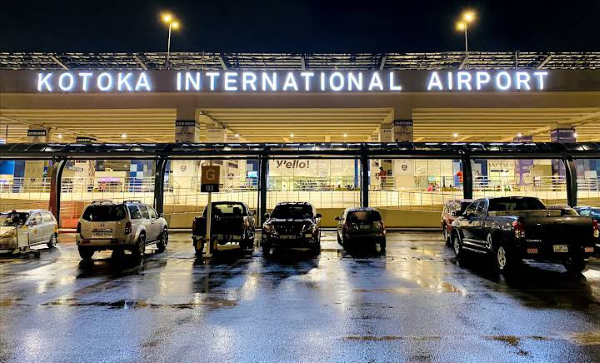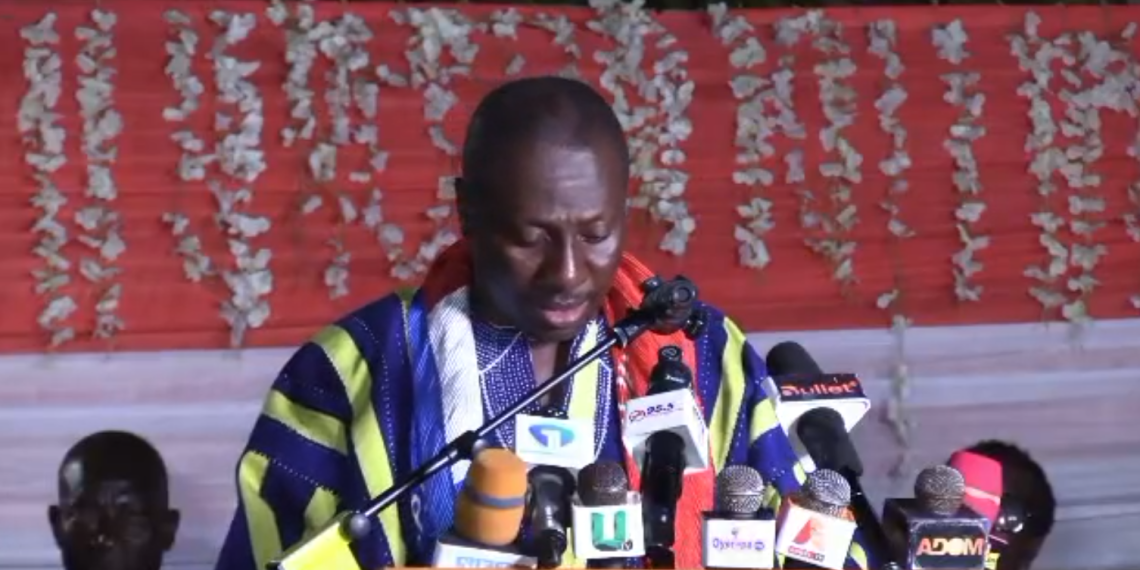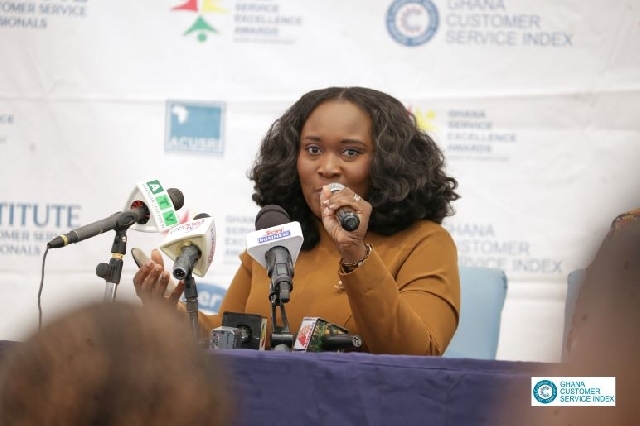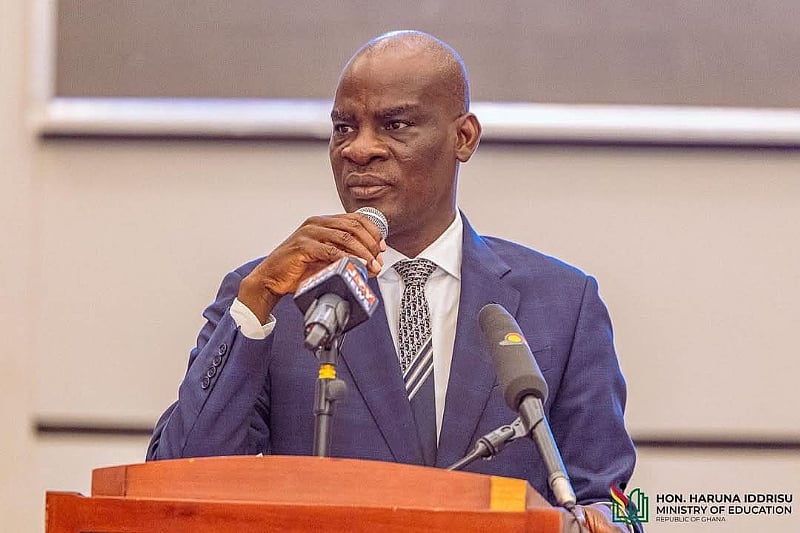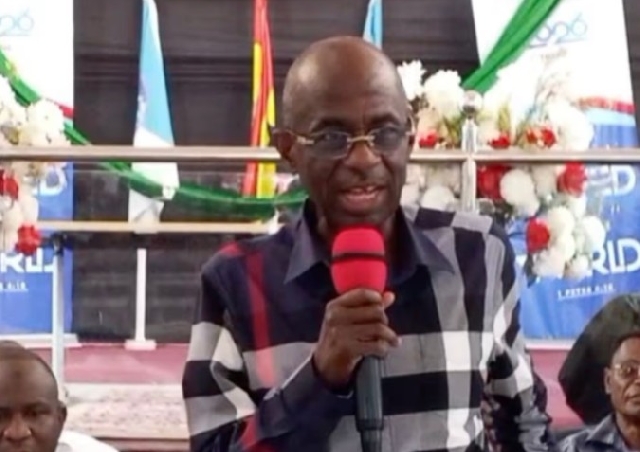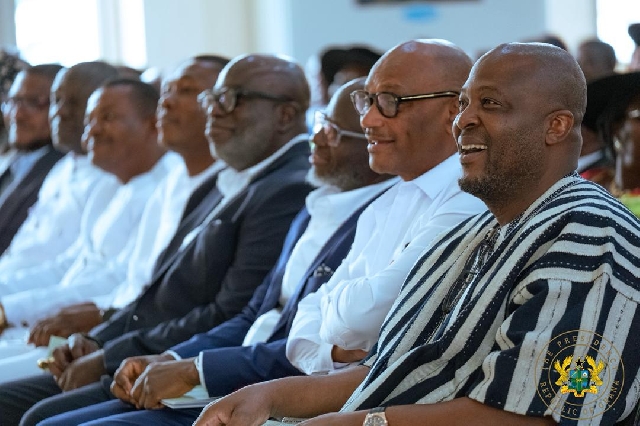In a heartfelt Facebook post, Mohammed sought to set the record straight. He explained that during a recent speech in Geneva, he had elaborated on the multifaceted challenges impacting Ghana’s economy. “When two elephants fight, it’s the grasshopper that suffers,” he said, a poignant metaphor that captured the plight of smaller economies caught in the crossfire of larger global conflicts. His intention was clear: to highlight how the pandemic, the war, and escalating trade wars among major economic powers such as the US, China, and Europe were all intertwined, jointly creating a storm that Ghana, like many others, was weathering.
Yet, amid this chaos, Mohammed emphasized the unwavering stance of the National Democratic Congress (NDC). Their position was not one of denial; they acknowledged the impacts of these global events but firmly disagreed with the NPP’s narrative that sought to pin the blame solely on the pandemic and the war. Drawing attention to the experiences of neighboring countries, he argued that many faced similar adversities but had managed their economies with greater efficacy.
Determined to push forward despite the challenges posed by external factors, Ghana had begun to forge its own path toward resilience. The Minister highlighted the nation’s commitment to achieving the Sustainable Development Goals (SDGs) by harnessing the power of science, technology, and innovation. With a detailed roadmap in place, the government was actively exploring applications of these fields in agriculture, digital innovation, and industry, signaling their readiness to combat the odds and foster growth.
As the conversation surrounding Ghana’s economic challenges continued, Murtala Mohammed stood firm, advocating for a balanced understanding that recognized both internal governance and external pressures, all while maintaining a hopeful outlook for the future.


